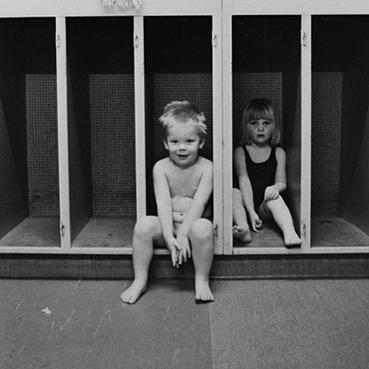How to Understand Disorderly Boys - An Exchange of Didactic Experiences Among Textile-Sloyd Teachers in an Internet-based Community of Practice
DOI:
https://doi.org/10.7577/formakademisk.1411Keywords:
classroom management, community of practice, sloyd didactics, exchange of experiences, textile-sloyd, unmotivated pupilsAbstract
This paper reports on a case study in which a textile-sloyd teacher sent a message to an internet-based community of practice seeking advice from other textile-sloyd teachers regarding how to cope with unruly boys. Two major themes emerged from a interview and the discussion on the Internet: 1) behaviour analysis and 2) coping attempts The analysis also revealed two themes related to the exchange of experiences: 1) descriptions of the problem as pertaining to the pupils, the process, classroom management, freedom of choice, or connection to everyday life and 2) suggested solutions, such as area of activity, competences, leadership and techniques. The article concludes with a discussion demonstrating that the collegial exchange about disorderly boys appears to have strengthened and challenged this internet-based community of practice.
Downloads
Published
2015-10-30
How to Cite
Samuelsson, M. (2015). How to Understand Disorderly Boys - An Exchange of Didactic Experiences Among Textile-Sloyd Teachers in an Internet-based Community of Practice. FormAkademisk, 8(2). https://doi.org/10.7577/formakademisk.1411
Issue
Section
Articles
License
Authors who publish with this journal agree to the following terms:
- Authors retain copyright and grant the journal right of first publication with the work simultaneously licensed under a Creative Commons Attribution 4.0 License that allows others to share the work with an acknowledgement of the work's authorship and initial publication in this journal.
- Authors are able to enter into separate, additional contractual arrangements for the non-exclusive distribution of the journal's published version of the work (e.g., post it to an institutional repository or publish it in a book), with an acknowledgement of its initial publication in this journal.
- Authors are permitted and encouraged to post their work online (e.g., in institutional repositories or on their website) prior to and during the submission process, as it can lead to productive exchanges, as well as earlier and greater citation of published work (See The Effect of Open Access).
- The author(s) must manage their economic reproduction rights to any third party.
- The journal makes no financial or other compensation for submissions, unless a separate agreement regarding this matter has been made with the author(s).
- The journal is obliged to archive the manuscript (including metadata) in its originally published digital form for at least a suitable amount of time in which the manuscript can be accessed via a long-term archive for digital material, such as in the Norwegian universities’ institutional archives within the framework of the NORA partnership.
The material will be published OpenAccess with a Creative Commons 4.0 License which allows anyone to read, share and adapt the content, even commercially under the licence terms:
This work needs to be appropriately attributed/credited, a link must be provided to the CC-BY 4.0 licence, and changes made need to be indicated in a reasonable manner, but not in any way that suggests that the licensor endorses you or your use.



